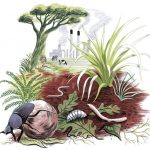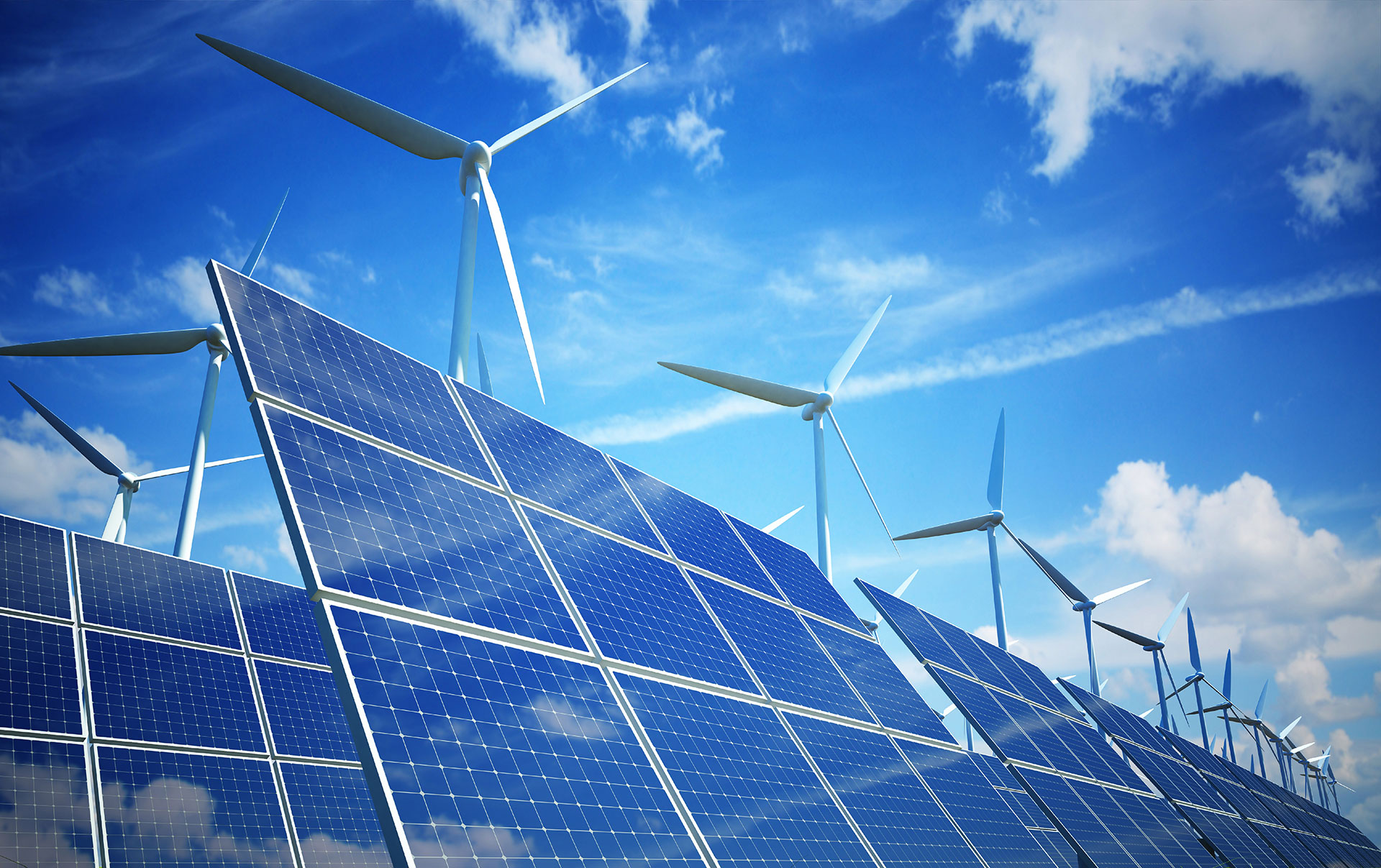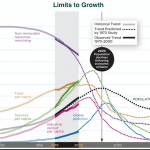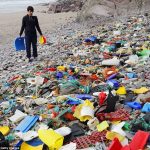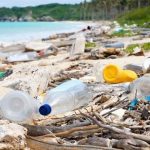The earth possesses five major pools of carbon. Of those pools, the atmosphere is already overloaded with the stuff; the oceans are turning acidic as they become saturated with it; the forests are diminishing; and underground fossil fuel reserves are being emptied. That leaves soil as the most likely repository for immense quantities of carbon.
Now scientists are documenting how sequestering carbon in soil can produce a double dividend: It reduces climate change by extracting carbon from the atmosphere, and it restores the health of degraded soil and increases agricultural yields. Many scientists and farmers believe the emerging understanding of soil’s role in climate stability and agricultural productivity will prompt a paradigm shift in agriculture, triggering the abandonment of conventional practices like tillage, crop residue removal, mono-cropping, excessive grazing and blanket use of chemical fertilizer and pesticide. Even cattle, usually considered climate change culprits because they belch at least 25 gallons of methane a day, are being studied as a potential part of the climate change solution because of their role in naturally fertilizing soil and cycling nutrients.